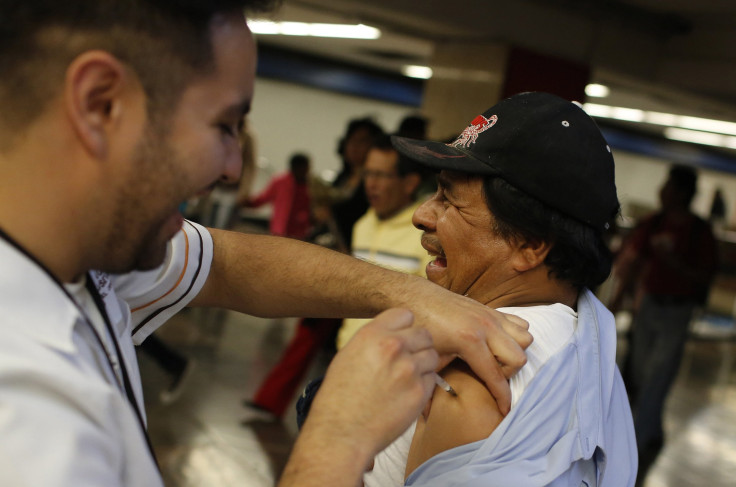
As several COVID-19 vaccines are still being tested for safety and efficacy in humans, scientists around the world are trying to figure out ways to see if the existing vaccines can trigger the immunity to provide temporary protection against the novel coronavirus.
The list of such scientists includes Dr. Robert Gallo, one of the key persons associated with the discovery of the human immunodeficiency virus (HIV). He believes that the existing oral poliovirus vaccine may help generate an immune response against COVID-19.
The oral poliovirus is nowadays only available in countries that still observe polio cases. The vaccine has not been licensed in the U.S. and is not available since the 2000s, according to the Center for Disease Control and Prevention (CDC).
The perspective piece, published in the journal Science, Gallo and his fellow researchers explain why the oral polio vaccine has the potential to act against coronavirus that has already claimed millions of lives across the world.
Scientists have put forward a hypothesis, which is principally based on how live vaccines work. An oral poliovirus vaccine is a live vaccine, which triggers a general immune response in the host against pathogens.
The scientists believe that this general immune response may help provide temporary protection against viruses that the vaccine initially did not intend to protect against, including the novel coronavirus. The immune response, however, would reduce gradually with time.
“The protection would wane with time, but the beginning of an outbreak is an important time to keep the virus from spreading,” said Dr. Konstantin Chumakov, a member of the Global Virus Network.
At the moment, the researchers are seeking funding and approval to initiate the clinical trials to test their hypothesis.
Several scientists in many parts of the world, including countries such as Australia, Israel and the Netherlands, are exploring if the existing vaccine for tuberculosis can help generate an immune response against coronavirus and help make it less deadly.
The World Health Organization (WHO), however, has strongly advised against the use of any vaccine until it is proven that it has benefits and can act effectively against the novel coronavirus.
© 2025 Latin Times. All rights reserved. Do not reproduce without permission.




